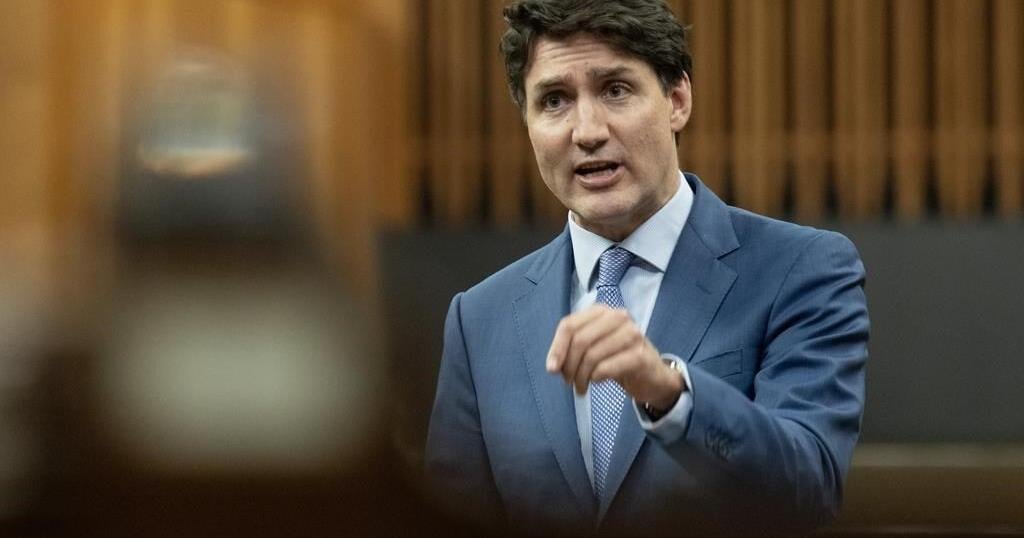OTTAWA – Two sectors were responsible for the majority of corporate capital gains earned in Canada over five years but added no new jobs over that time span, a new study found.
The Centre for Future Work and l’Institut de recherche et d’informations socioéconomiques, two progressive policy thinktanks, published a report that delves into the companies and individuals that earn capital gains in Canada.
The analysis comes after a heated debate in the country over the Liberals’ decision to increase the inclusion rate on capital gains, which are profits made on the sale of assets.
Business groups staunchly opposed the increase, arguing that it would be a tax hike on all Canadians, directly or indirectly, because it would hurt innovation and business investment.
But the report’s author, economist Jim Stanford, says his analysis suggests that favourable tax treatment of capital gains disproportionately benefits the wealthy and does not help the economy.
According to his findings, the miscellaneous intermediation sector, which includes venture capital companies and investment banks, as well as the real estate sector, together made 52.6 per cent of all corporate capital gains reported in Canada between 2018 and 2022.
Meanwhile, these sectors shed nearly 5,000 jobs during that time period.
“These two sectors have been irrelevant to job creation in Canada, and they capture over half of all corporate capital gains,” Stanford said in an interview.
The analysis is based on tax filing data from the Canada Revenue Agency as well as data from Statistics Canada.
The report also finds there’s no historical correlation between capital gains taxes and business investment in machinery, equipment and intellectual property.
On June 25, the Liberals made two-thirds of capital gains taxable, up from one-half.
For individuals’ capital gains of $250,000 or less, the inclusion rate would remain the same, at 50 per cent.
Prime Minister Justin Trudeau has defended the increase, arguing it makes the tax system fairer by taking away some of the tax advantage richer individuals with significant investment portfolios have enjoyed.
The Liberals say the tax increase will help the government pay for priorities that matter to young people, such as housing.
Conservative Leader Pierre Poilievre has blasted the changes as a job-killing tax increase. He argues that higher taxes on capital gains will hurt businesses, and in turn, lead to fewer jobs.
Stanford’s analysis doesn’t look at the government’s changes in particular, but he says the data clearly shows that to date, it’s wealthy Canadians have benefited the most from preferential tax treatment of capital gains.
The report says Canadians with an annual income of more than $250,000, representing 1.5 per cent of tax filers, earned 61 per cent of individual capital gains in 2021.
Stanford says high-income earners are not only more likely to report capital gains, but they stand to benefit more than low-income earners from the favourable tax treatment because they have a higher marginal tax rate.
“A rich person is saving over 50 cents on every dollar of capital gains, whereas a person at the bottom of the distribution might be saving 15 cents for each dollar of capital gains. So it’s kind of a double-barreled impact on inequality there,” he said.
This report by The Canadian Press was first published Aug. 19, 2024.
